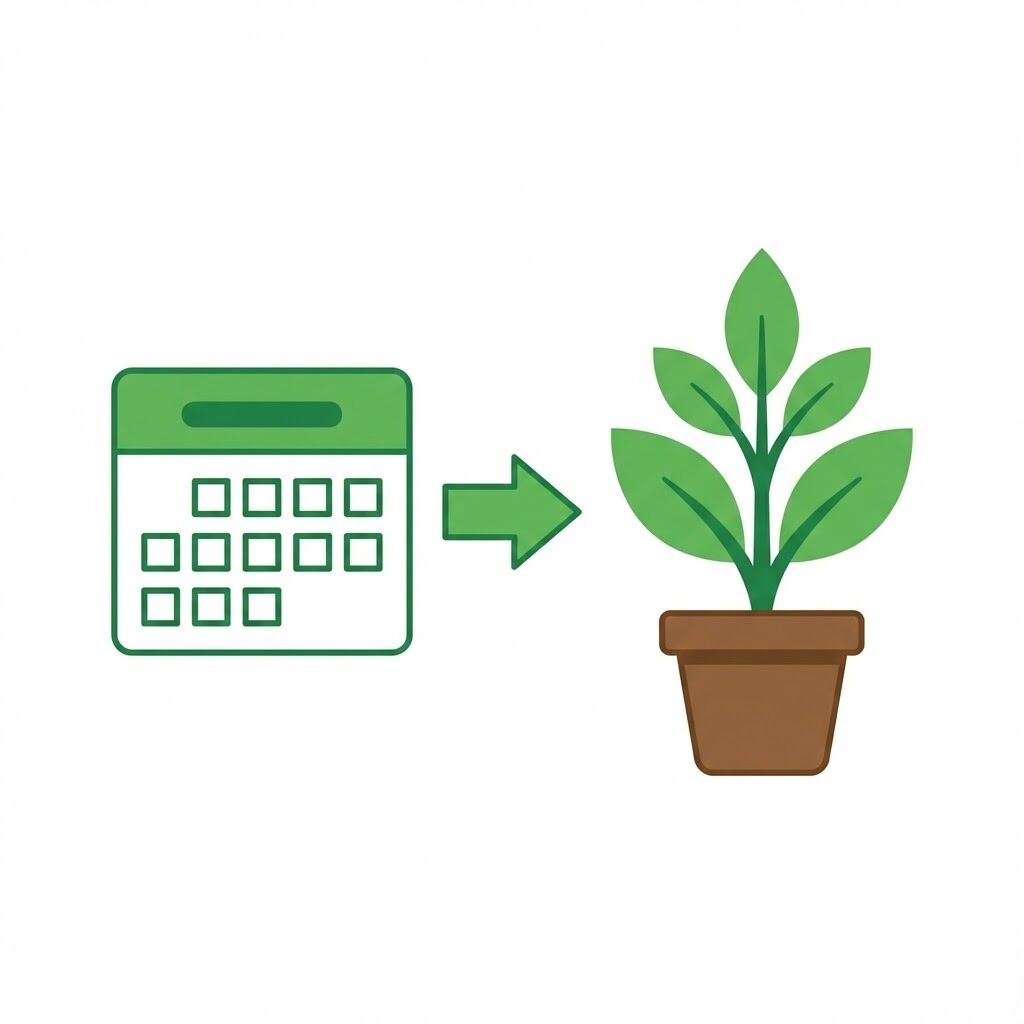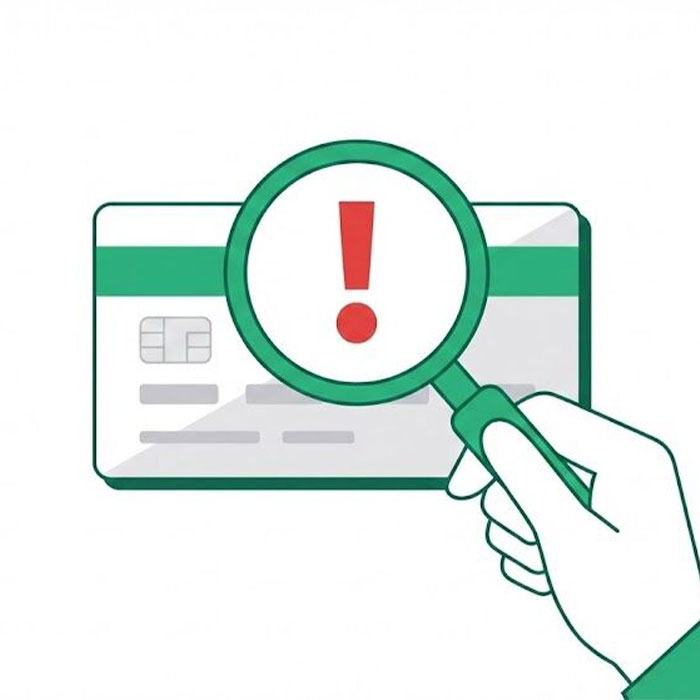Understanding What a Credit Score Means
A credit score is a number that lenders use to measure how likely you are to repay borrowed money. In most cases, scores range from 300 to 850. A higher score often means better access to loans, lower interest rates, and more housing or job opportunities. Your score is based on your payment history, credit utilization, length of credit history, credit mix, and new credit activity.
According to the Consumer Financial Protection Bureau (CFPB), payment history is the largest factor, making up about 35% of your score. Credit utilization—the amount of available credit you’re using—follows closely at 30%.

How to Build Up Credit: Proven Strategies
When searching for how to build up credit, many beginners get overwhelmed. The good news is, you can make steady progress by focusing on 4 core actions.
- Pay Bills On Time: Your payment history plays the biggest role. Even one missed payment can hurt your score. Setting up automatic payments or calendar reminders can help make sure you never miss a due date.
- Keep Your Credit Utilization Low: Aim to keep your usage under 30%, but under 10% is even better. Paying down balances and avoiding maxing out credit cards can positively impact your score, helping you build up credit faster.
- Limit New Credit Applications: Every time you apply for a new line of credit, a hard inquiry appears on your report, which can temporarily lower your score. Applying only when necessary helps protect your efforts to build up credit over time.
- Diversify Your Credit Types: Lenders like to see that you can manage different types of credit responsibly. A healthy mix of installment loans (like student loans or car loans) and revolving credit (like credit cards) can help you build up credit more effectively, according to Equifax.
Building Credit Without a Credit Card
Many people believe that credit cards are the only way to build a credit history, but that's not true if you are learning how to build up credit in flexible ways.
Credit Builder Loans: Programs like Cheers Credit Builder offer a smart way to build up credit while saving money. With Cheers, you choose a loan amount between $528 and $3,168 and a term from 12 to 24 months. Instead of receiving the money upfront, your payments are held in an FDIC-insured account. Each payment is reported to all three major credit bureaus—Equifax, Experian, and TransUnion—helping you build positive credit history. At the end of the loan term, you receive the savings you built, minus a small interest.
Cheers Credit Builder requires no credit check to get started and no setup or membership fees, only a transparent APR. This makes it accessible to people starting fresh, including immigrants. You can sign up within minutes, with the first payment reported faster than many competitors, helping you kickstart your credit journey.
Learn more about Cheers Credit Builder to start building up credit while you save.
Other Ways:
You can also become an authorized user on a responsible person’s credit card or use secured credit cards as a smart step when figuring out how to build up credit without traditional unsecured credit cards.
Tracking and Protecting Your Credit
Knowing how to build up credit is half the battle. Staying on top of your progress is just as important.
- Check Your Credit Reports: You’re entitled to a free credit report from each major bureau once a year through AnnualCreditReport.com. Checking regularly can help you catch errors or signs of identity theft and protect the credit you are working hard to build up.
- Use Credit Monitoring Tools: Free services and paid monitoring tools can alert you to changes in your credit reports, helping you react quickly and keep building up credit without unexpected surprises.
- Practice Good Debt Management: Setting a budget, paying off debts on time, and avoiding unnecessary loans are daily habits that will continue supporting your goal to build up credit for the long term.
Final Notes
Building up credit doesn't have to feel overwhelming. By taking simple, consistent steps and leveraging tools like Cheers Credit Builder, you can steadily build a strong financial foundation. A better credit score opens doors to better opportunities—from loans and credit cards to apartments and even job offers.
References:
























.png)










